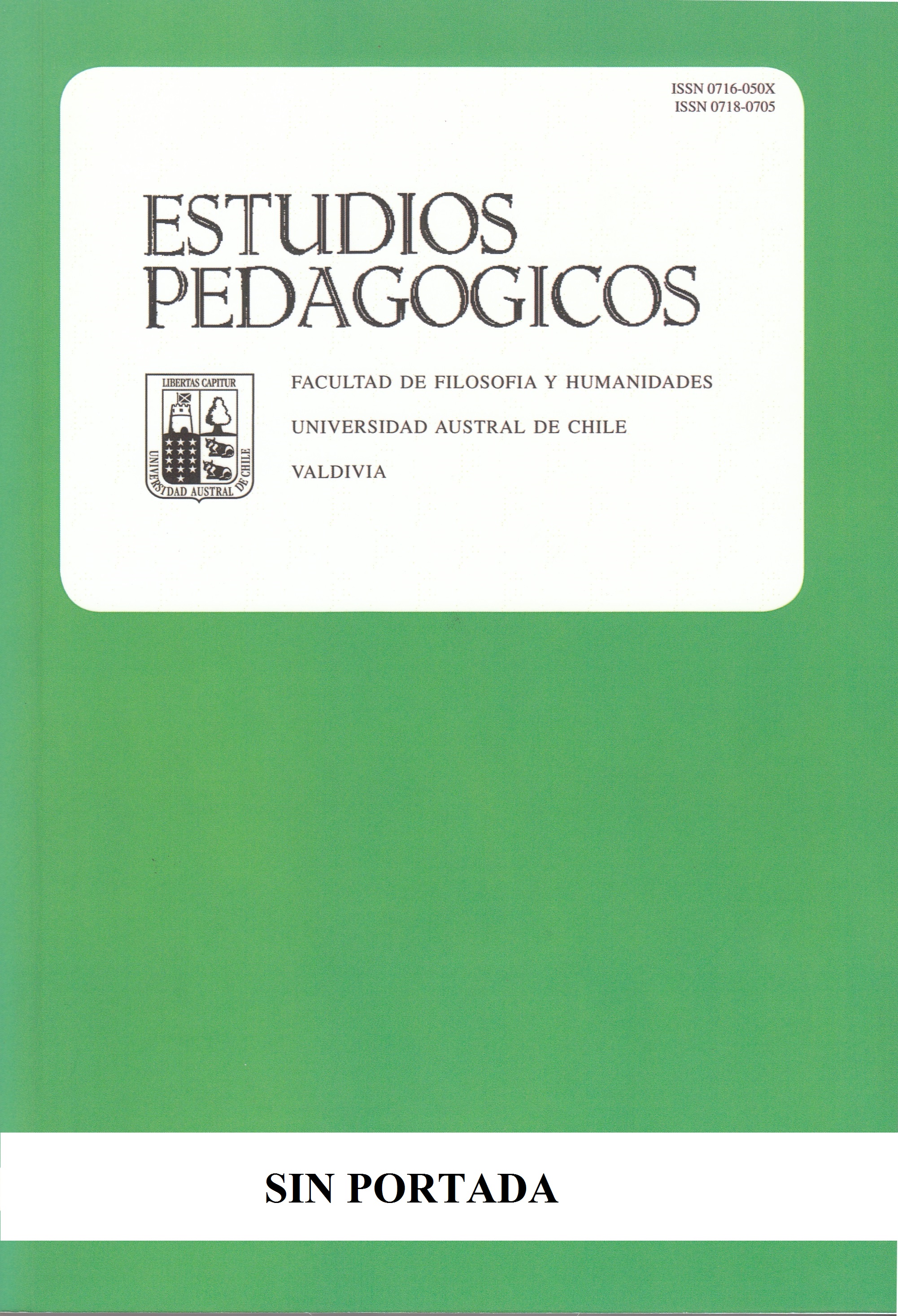Family and Academic Achievement in Mathematics of the First Cycle of Basic Level Education in Sonora, México
Main Article Content
Abstract
The aim of the document is to measure the relation among the socioeconomics and psychosocial variables in the academic achievement of children in public elementary schools from the urban and rural zones of México in the northwest. It was used quantitative an approach of the transversal type, descriptive, co-relational nonexperimental and of ex post-facto, the sample was formed by 534 children all from the first scholar cycle of basic level, these five students were assessed on basic mathematic skills within four-axis from the basic competitions of mathematics. It was word in the statistical program (SPSS version 20), using parametric tests t of Student and Anova. The results indicate that the higher economic, it increases the score in mathematics test. The link among variables that are involved in generating significant differences in math scores and general average is also argued. This evidence shows of that the family influences the academic achievement of the children.

